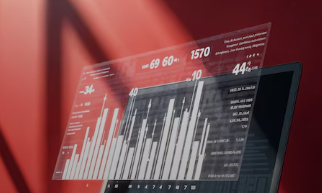Written by: Haim Ravia, Dotan Hammer
Illinois has recently enacted the Wellness and Oversight for Psychological Resources Act, which is now in effect. The law prescribes limits on the role that Artificial Intelligence (AI) may take in mental healthcare, as a measure to protect patients. This is the first law in the United States to regulate AI in clinical settings specifically.
The Act was passed against the backdrop of concerns over the use of AI in interactions between patients and psychological therapists. Lawmakers cited reports of a chatbot designed for psychological counseling that, during testing, advised rehab patients to “take some drugs to get through the week.”
The Act prohibits using AI as a replacement for human therapists. AI systems cannot independently make therapeutic decisions, communicate directly with patients for therapeutic purposes, or generate treatment plans without a licensed professional’s approval. Permitted uses are restricted to administrative and supportive tasks such as record preparation, appointment management, billing, and analysis of anonymized data.
The Act also requires explicit, written patient consent before AI tools may be used to record or transcribe clinical sessions. Violations carry civil penalties of up to $10,000 per incident, enforceable by the Illinois Department of Financial and Professional Regulation (IDFPR).
Click here to read the full text of the Wellness and Oversight for Psychological Resources Act.



